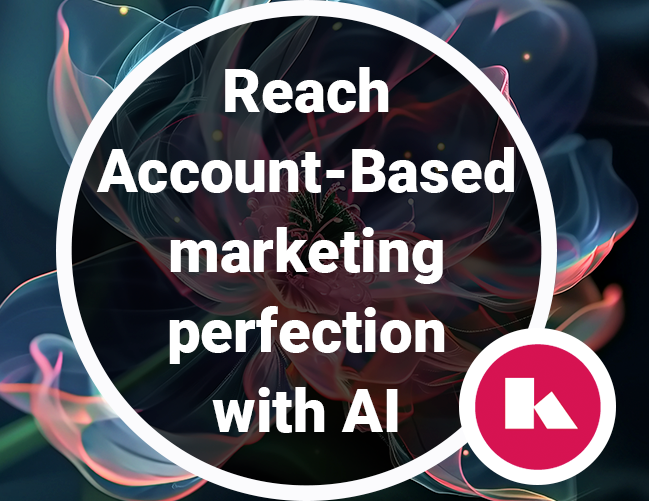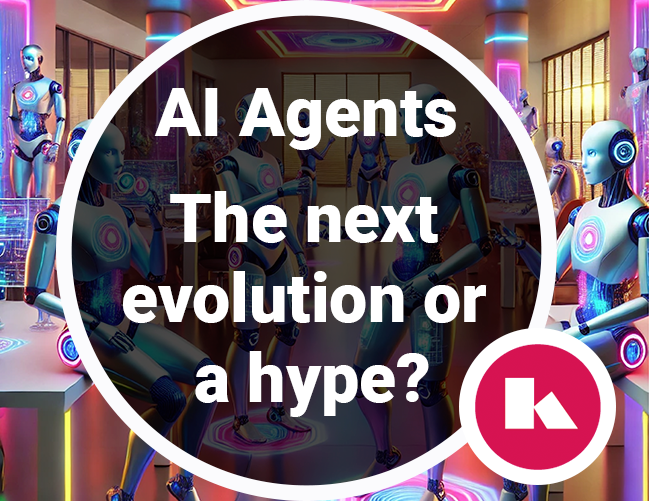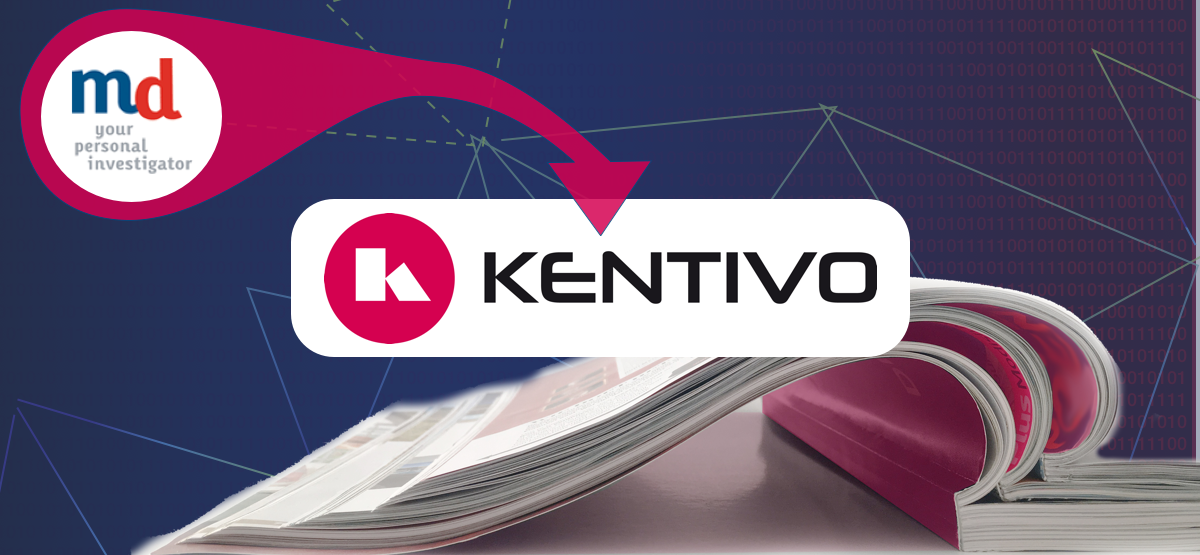Developing trustworthy AI applications typically requires more than just using a large language model like ChatGPT or Llama.
However, one or both of these tools can be incredibly useful — in fact, they’re almost indispensable for many applications today.
But how do you decide which one to choose, and what are their limitations?
Let’s start with a bit of background.
Background on ChatGPT
ChatGPT, developed by OpenAI, is one of the most advanced and popular large language models in use today. It’s built on the GPT (Generative Pretrained Transformer) architecture, which excels in generating human-like text based on the input it receives. ChatGPT is widely used for tasks ranging from answering questions to creating content, writing code, and even engaging in conversations.
It is fine-tuned to produce coherent and contextually accurate responses, making it a powerful tool for a variety of applications. However, it still faces challenges in areas like factual accuracy and long-term memory, which are important considerations when using it in professional or critical applications.
Background on Llama
Llama, developed by Meta, is another state-of-the-art language model that has attracted significant attention. It is designed to be efficient, providing strong performance while requiring less computational power compared to models like GPT-3 or GPT-4. Llama is often used for specialised tasks, such as conversational AI, but it’s also optimised for integration into applications with constraints on computational resources.
Llama models excel at handling tasks that require quick responses, offering an excellent balance between performance and efficiency. As Meta continues to refine Llama, it’s likely to become a key player in the landscape of AI-powered solutions.
Using Generative AI for your work
When it comes to generative AI, ChatGPT is an excellent tool to work with. However, there are other solutions like Gemini and Perplexity that can be useful depending on your needs. Gemini, developed by Google DeepMind, is known for its sophisticated capabilities in understanding and generating text. It’s particularly strong in multi-modal applications, handling both text and visual data. Gemini is designed to be highly adaptable and accurate, making it a great choice for complex tasks that require more nuanced understanding.
On the other hand, Perplexity AI is like a very advanced search engine. It specializes in providing highly relevant, contextually accurate information, making it ideal for applications where a user needs to find specific data quickly and precisely. Perplexity doesn’t generate text as freely as models like ChatGPT, but its strength lies in its ability to retrieve and present information in a way that feels conversational and intuitive.
Using ChatGPT for Development
Despite its many strengths, ChatGPT has some limitations for development. One significant limitation is its data processing capacity. If you’re looking to analyze large datasets, ChatGPT can run into issues with data size and context length. Its token limit means that long-term trends, particularly those that require processing vast amounts of historical data, are difficult to manage.
Additionally, while ChatGPT can generate text that mimics human-like reasoning, there is always a risk of hallucinations — that is, it may produce responses that sound plausible but are factually incorrect. This can be mitigated with the use of smart prompts, but it remains a challenge for more critical applications.
Using Llama for Development
Llama, on the other hand, is better suited for specialized applications that require customization and efficiency. Its smaller model sizes and ability to run on less powerful hardware make it an excellent choice for resource-constrained environments.
Llama is particularly useful when building applications that require fast response times, like chatbots or real-time decision-making systems. It’s also effective in scenarios where the model needs to be fine-tuned for specific use cases, such as customer service or technical support.

Llama excels in tailored, efficient AI applications
Conclusion: Why choose Llama for specialised applications
When building specialised AI applications, Llama often emerges as the better choice, especially for those who need a model that can be tailored to specific tasks while maintaining efficiency. While ChatGPT is great for general-purpose applications and offers strong performance, Llama shines when it comes to delivering fast, resource-efficient results for specialized tasks. In cases where computational power is limited or when application efficiency is a top priority, Llama is the go-to choice.
Recent Posts

Reach Account-Based Marketing perfection with AI
While Account-Based Marketing (ABM) may appear to be a natural evolution of targeted marketing, there’s much more...

AI Agents, the logical evolution that is hyped
Agents are the latest buzzword in AI, often positioned as the next evolution beyond Generative AI (GenAI). The concept...

Kentivo Group acquires Media Digitaal B.V. (MDInfo)
The Kentivo Group of companies is delighted to announce the acquisition of MediaDigitaal B.V. in Amsterdam, The...
